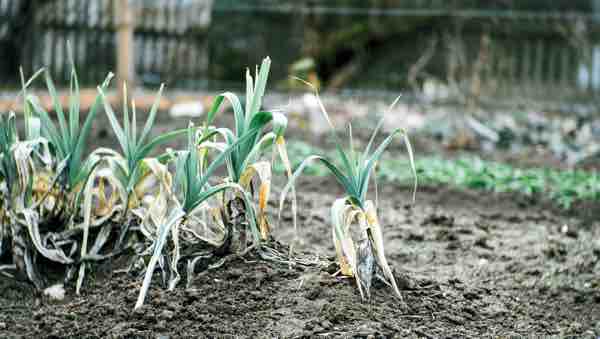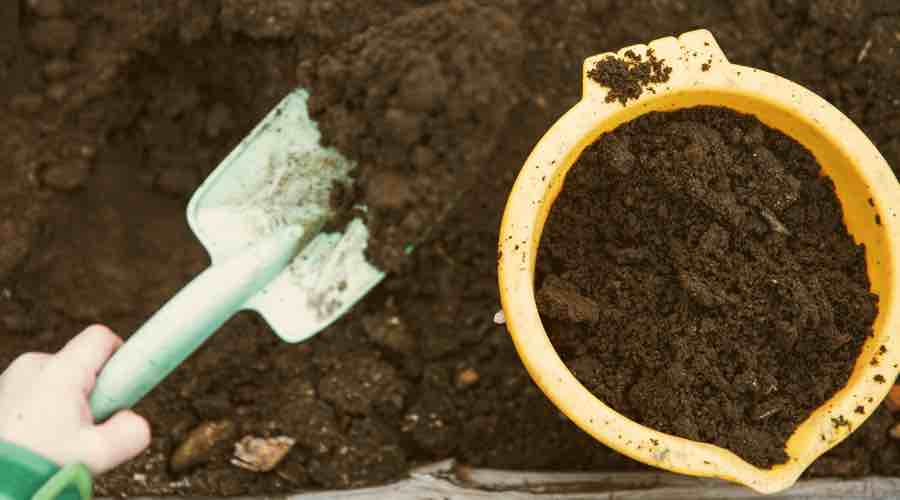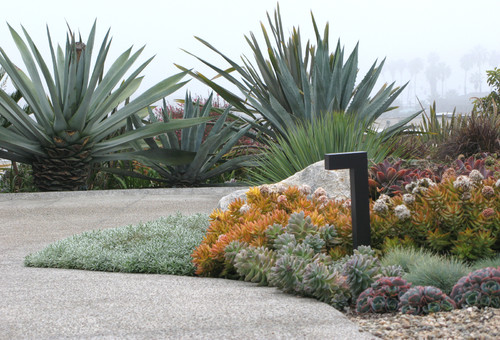Gardening is good for the soul, whether you do it for fun or as a business. Gardens supply fresh food and improve our landscape.
But gardening also comes with some potential drawbacks.
Backyard gardens, for instance, requires hard work and commitment. Acknowledging the highs and lows of gardening will help one determine if this project is worth their effort.
Benefits of Gardening
There are several reasons people should grow a garden, including:
1. Saves money in the long run
Getting started in your garden can be expensive. And it may seem cheaper and easier to buy veggies at supermarkets, but once your plants have grown, you’ll start saving a lot.
Growing your garden pays you back both financially and health-wise.

Gardeners often get most out of their space by practicing succession planting or growing vegetables that can be stored like carrots or potatoes.
And although flower gardens don’t save you any cash, the sense of pride and personal satisfaction make it a worthwhile investment.
2. Improve heart and mental health
Gardening is an excellent exercise for everyone regardless of age or physical conditions. It helps maintain the flexibility of one’s muscles.
But most importantly, it helps burn calories and by so doing, strengthens your heart. This, therefore, reduces risks of heart attacks and strokes.
Also, growing plants is a wonderful way of escaping everyday stress. Digging reduces tension hence calms people’s minds. Anytime we obsess with negative thoughts, reconnecting with the natural world can get us out of our heads.
3. Plants beautify landscape
Everyone loves to live in a beautiful environment. The sight of trimmed flowers in one’s compound makes their home look appealing.
Flower gardening can be useful to people who want to beautify their outdoor spaces.
Flowers may not save you any money, but at least your home will not be dull.
Pitfalls
Even though gardening has many benefits, it also presents many disadvantages, which are:
1. Time
Growing and tending gardens require time. Planting is not even hard, it’s the activities that follow that make this process somehow tricky.
You must:
- weed,
- water, and
- fertilize your plants.
- then you also must harvest.
All these things take time. If one is busy with work or other commitments, they may not have much spare time, and hence gardening may be difficult for them.
2. Cost
Starting a garden is not cheap and even maintaining it is expensive.
One will need to purchase vegetable seeds or flowers, then gardening tools like shovel, rake, and tiller.
And even watering your plants is pricey, and you’ll also buy fertilizer and support systems like trellises!
But, these costs are only higher when starting, but afterward, it becomes cheaper and enjoyable.
3. Space
Individuals can try to use their space efficiently. But, gardens take away a portion of your lawn or patio.
And for someone with a small property, it means even less space for other activities like playing or creating seating areas.
4. Physical work
Gardening is physical work. Digging and kneeling can harm your muscles, joints, and bones, causing pain and damage. You can get carpal tunnel syndrome (CTS), for example, because of compression of the nerves in your wrists when working with your hands in the garden.
Leaning and bending over your plants can lead to chronic back pain, and squatting can cause knee pain and damage.
Conclusion
Gardening has both highs and lows. But, the many advantages of growing your plants outweigh the handful of negatives.
The disadvantages all have solutions. It’s all about your specific needs and preferences, but if it intrigues you, give it a go.
Then again, there are lots of reasons not to garden. Plus, it is not a cheap hobby.
But if you love doing backbreaking physical work and don’t mind getting dirty, then gardening is an excellent hobby to start!

